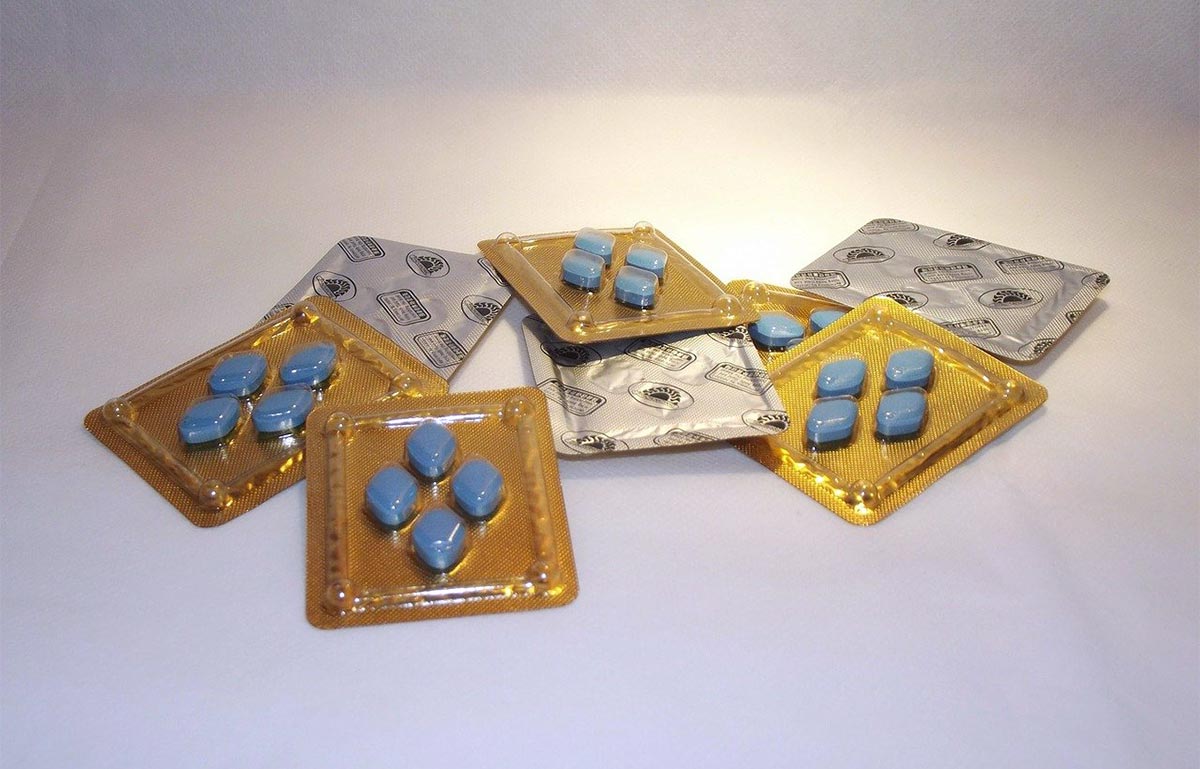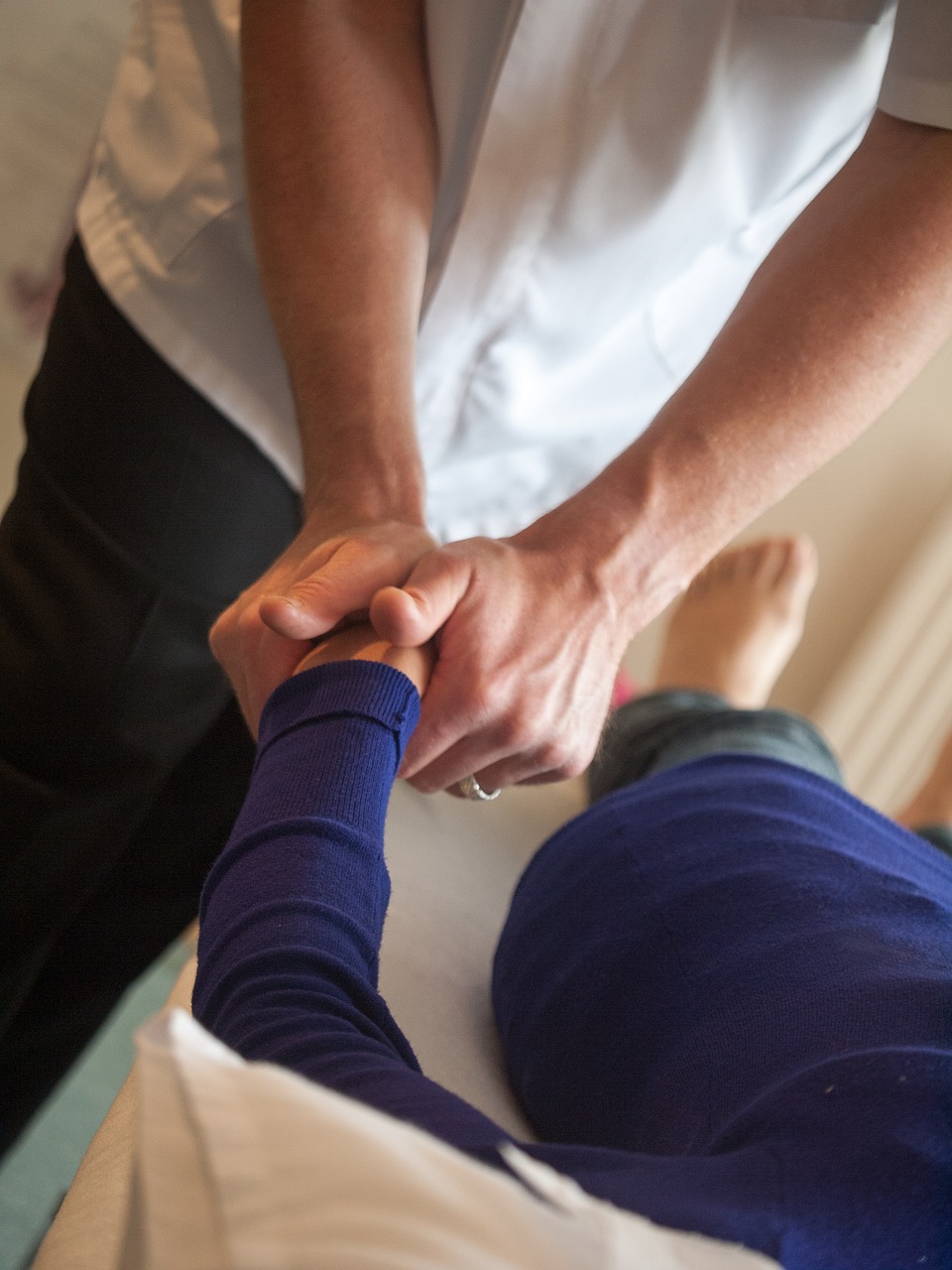What Is Erectile Dysfunction?
Erectile dysfunction, commonly known as impotence, is a widespread issue among men of all ages. Research indicates that approximately one in ten men will experience it at some point in their lives. Despite advancements in medical treatments, millions of men worldwide still struggle with this condition, often in silence.
Erectile dysfunction refers to the inability to achieve or maintain an erection firm enough for satisfactory sexual intercourse. This includes cases where an erection is achieved but not sustained, or when it is not sufficiently rigid. Despite affecting around 26% of men, the topic is frequently dismissed with humor, making it harder for individuals to seek proper treatment and understanding.
One of the primary factors behind erectile dysfunction is lifestyle. Certain habits and behaviors can significantly impact sexual function, making it crucial to understand their effects. Scientific studies have highlighted the following major contributors:
The Impact of Smoking and Alcohol Consumption
Heavy smoking and excessive alcohol intake are two of the most recognized lifestyle factors associated with erectile dysfunction. Research has shown that men who smoke regularly are at a 50% higher risk of experiencing erectile issues compared to non-smokers. Nicotine constricts blood vessels, limiting the necessary blood flow to the penis. Additionally, alcohol consumption disrupts normal hormone levels and nerve function, further compounding the problem.
Medical reviews emphasize that quitting smoking and moderating alcohol intake can lead to significant improvements in erectile function over time. In fact, within just a few months of quitting smoking, men often report noticeable improvements in their ability to achieve and maintain erections.
Stress, Anxiety, and Underlying Health Conditions
Psychological factors, such as stress and anxiety, play a crucial role in erectile dysfunction. Work-related stress, relationship issues, and performance anxiety can all trigger or exacerbate the condition. This issue becomes even more complex when underlying health conditions like diabetes or hypertension are present.
Recent studies suggest that men with diabetes are three times more likely to develop erectile dysfunction than those without. Poor blood sugar control damages blood vessels and nerves, which are essential for proper erectile function. When erectile dysfunction occurs as a complication of diabetes, the resulting stress can create a vicious cycle, worsening both conditions.
The Role of Physical Activity
Physical inactivity is another significant contributor to erectile dysfunction. Regular exercise is essential for maintaining cardiovascular health, which directly impacts blood flow to the penis. Men who lead sedentary lifestyles are more likely to experience erectile difficulties due to poor circulation and weight-related hormonal imbalances.
Studies from leading medical institutions confirm that engaging in at least 30 minutes of moderate exercise daily can substantially improve erectile function. Activities such as brisk walking, cycling, and strength training help boost testosterone levels and enhance vascular health, both of which are crucial for a healthy sex life.
Treatment Options for Erectile Dysfunction
Despite its prevalence, only about 33% of men actively seek medical advice or treatment for erectile dysfunction. Fortunately, there are several effective treatment options available, ranging from medications to lifestyle modifications.
The most well-known pharmaceutical treatments for erectile dysfunction are phosphodiesterase type 5 (PDE-5) inhibitors, which include Viagra (sildenafil), Levitra (vardenafil), and Cialis (tadalafil). These medications do not directly induce arousal but work by increasing blood flow to the penis upon sexual stimulation.
The key difference between these drugs lies in their duration of effectiveness. Viagra typically works for about four to six hours, while Levitra has a similar effect with slightly improved absorption. Cialis, on the other hand, offers a longer window of effectiveness, lasting up to 36 hours, allowing for more spontaneous sexual activity.
Natural and Alternative Treatments
In addition to pharmaceuticals, there is growing interest in natural remedies for erectile dysfunction. Dietary modifications, such as increasing the intake of foods rich in flavonoids (found in berries, citrus fruits, and dark chocolate), have been linked to improved erectile function. Research indicates that these compounds enhance blood vessel function and reduce inflammation.
Furthermore, emerging evidence supports the role of mindfulness and cognitive behavioral therapy (CBT) in managing psychological causes of erectile dysfunction. Men who incorporate stress management techniques, such as meditation and deep breathing exercises, often report better sexual performance and satisfaction.
Erectile dysfunction is a multifaceted issue with various physical and psychological causes. Understanding these factors is the first step toward effective treatment. Whether through lifestyle adjustments, medical intervention, or natural therapies, men have multiple avenues to improve their erectile health. The key is to seek help and make informed decisions rather than suffer in silence.












